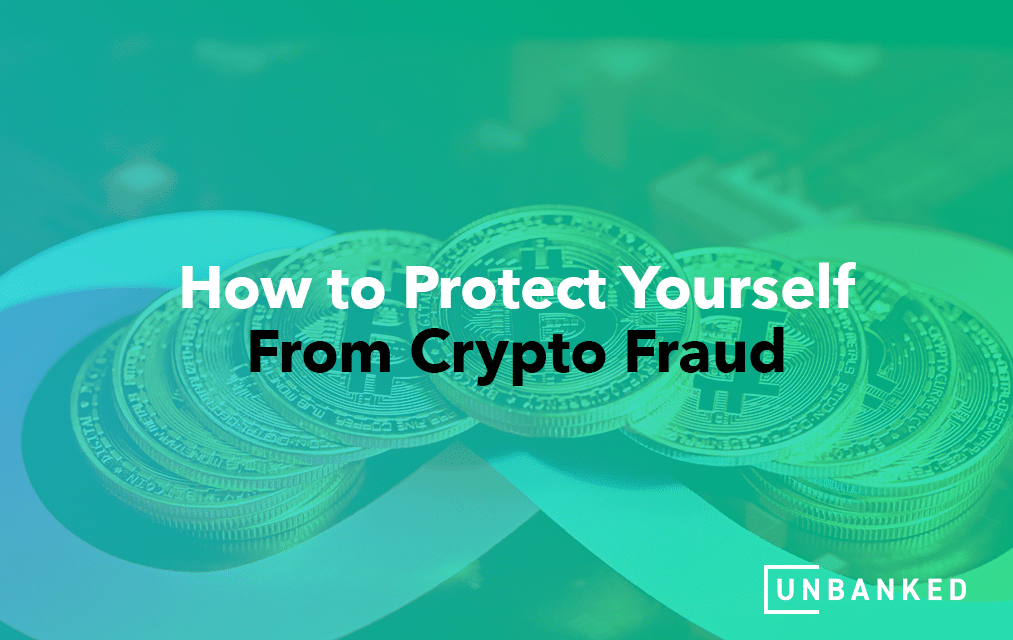Due to their growth potential, cryptocurrencies have always been lucrative for scammers who want to make quick money. Cryptocurrency’s decentralized and unregulated nature attracts investors and fascinates those with nefarious intentions. Since government and central banks do not control cryptocurrency, it becomes the individual’s responsibility to protect their own virtual currencies. Cryptography hides people’s real identities, making transactions on a blockchain, and giving scammers a way to steal cryptocurrencies without leaving a trail. Moreover, cryptocurrencies are unregulated, i.e., a bank will not be responsible if your currency is stolen. This makes it easier for scammers to steal cryptocurrencies without any oversight.
Additionally, cryptocurrency transactions are irreversible, which means that once completed, they cannot be undone or disputed. Therefore, if stolen, there is no way to charge back cryptocurrencies from scammers. These factors combined make cryptocurrencies an attractive and viable option for fraudsters and scammers. The advances in technology are providing scammers with new ways to steal cryptocurrencies. According to a recent report by Chainalysis, a blockchain data firm, $14 billion worth of cryptocurrency was stolen in 2021. This was an all-time high. In this short piece, we will discuss the different kinds of crypto frauds and provide you with tips on protecting yourself from them.
Crypto Investment Scams
There are many types of crypto investment scams. The most common ones include:
- Fake Websites
Fraudsters develop fake cryptocurrency sites and trading platforms or even fake duplicate versions of official sites/platforms to dupe innocent victims. These fake sites look completely similar except for a slight difference in the domain name from the official sites. It is almost impossible to spot the difference between the fake and the official ones. Fake sites can operate as phishing pages that ask you to enter your details. Once you enter sensitive information like a wallet password, all your financial information will land in the hands of the scammer. Secondly, fake websites can also allow victims to withdraw a small amount of currency. You would feel like your investments are going well, and you would be lured to invest more cryptocurrency in the fake website. And subsequently, the site may completely shut down.
- Phishing Scams
Phishing scams are one of the most common techniques used by fraudsters to steal your cryptocurrency. They try to access your crypto wallet keys to access your crypto funds in the wallet. They will often send an email directing victims to a specially curated website that asks for people’s passwords and other sensitive information. Once the private key is entered, scammers will access all the funds
stored in that wallet.
- Fake Apps
With the proliferation of mobile apps and crypto trading apps, scammers have found a new way to dupe people. They create fake crypto trading apps that provide lucrative offers to unsuspecting victims. These apps can be downloaded on Google Play or Apple Store and may look like legitimate crypto trading apps. However, once you add the financial information to log into your wallet, you will lose access to your crypto wallet and, then later, your funds. Therefore, you must check for the app reviews, comments, and even the slightest typos in the description to ensure that the app is legitimate. Make sure you do your research and check if an official app of the trading platform exists.
- Pump Schemes
Some scammers target crypto investors’ FOMO (Fear of Missing Out) tendency. They send out an irresistible email or message on Facebook, Instagram, or Telegram. People do not want to miss out on an exciting offer, so they rush to buy coins, thus, increasing the price of cryptocurrencies. After inflating the prices, the scammers sell their crypto holdings, causing a crypto crash as the price drops. This can happen in a matter of minutes.
- Celebrity Endorsements
Sometimes, crypto scammers capitalize on the influential power of celebrities or other important people in the crypto world. They create fake celebrity endorsements to get the attention of novice investors. They even sell phantom cryptocurrencies that do not exist. These scams are pretty elaborate, involving shiny brochures and websites with celebrity endorsements from influential people like Elon Musk.
- Fake Initial Coin Offerings
Initial Coin Offerings (ICO) is a method for new crypto startups to get money from potential future users. Usually, these startups promise customers a discount on their new cryptocurrency coins. In exchange, customers have to send popular cryptocurrencies like Bitcoin or Ethereum. However, several ICOs have scammed people. Criminals go to extensive lengths by creating fake offices, websites, and marketing materials to convince people.
Spotting Scams and Protecting Your Currency
Now that you have understood the most common crypto scams, you need to keep your eye out to spot these cryptocurrency scams to protect your money. Some of the warning signs include promises of guaranteed returns, a poorly written or non-existent whitepaper, over-the-top glossy marketing, anonymous team members, and lucrative free currency offers. If you spot any of these, run away in the opposite direction!
Additionally, here are some preventative measures to protect your cryptocurrency:
- All crypto wallets have private keys to keep your currencies safe. If an investment firm asks for your private, often it is a scam. Always keep your private crypto wallet keys safe.
- You should invest only in things you understand entirely. If there is a new cryptocurrency that you don’t understand, do not invest. Pause for a while, and do your research before investing in anything.
- Do not download any crypto trading apps directly from Google Play or App Store. If you want a mobile app, go to the official website of the trading platform, and download it from there.
- Fraudsters often put victims under pressure by sending a limited period offer to invest in some cryptocurrency. Do not fall prey to this tactic. Take your time to research if the offer is actually genuine.
- You must ignore any cold calls from people who call you to sell a new crypto investment. It is probably a scam. Also, do not tell your private keys to anyone on the phone.
There are many other preventative measures you can take to protect your crypto. If you are interested in knowing more, check out our blog!





